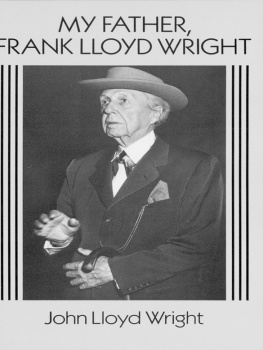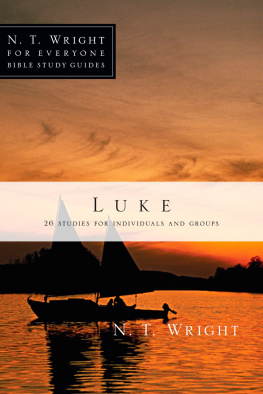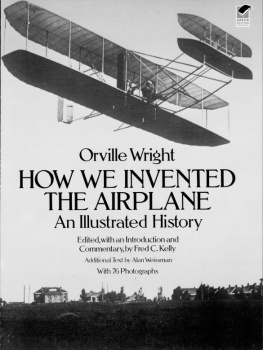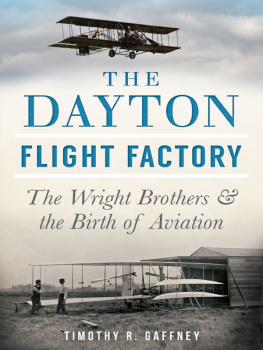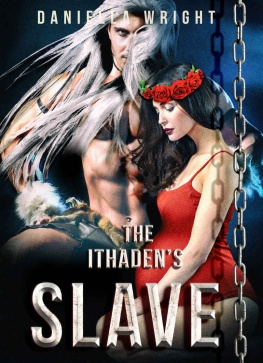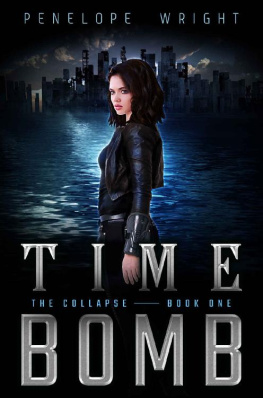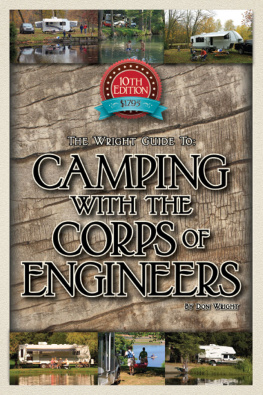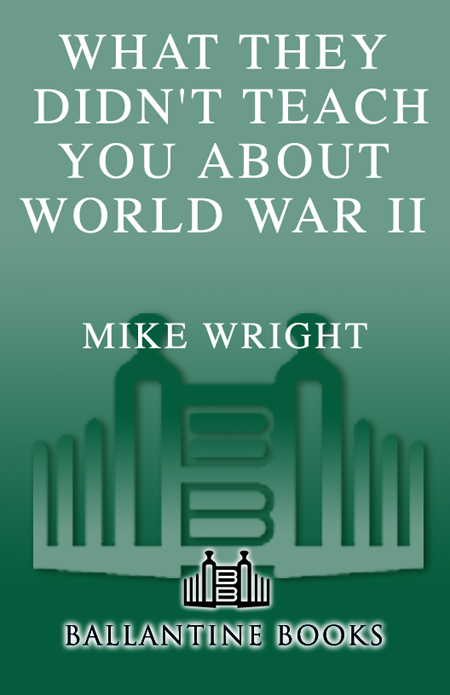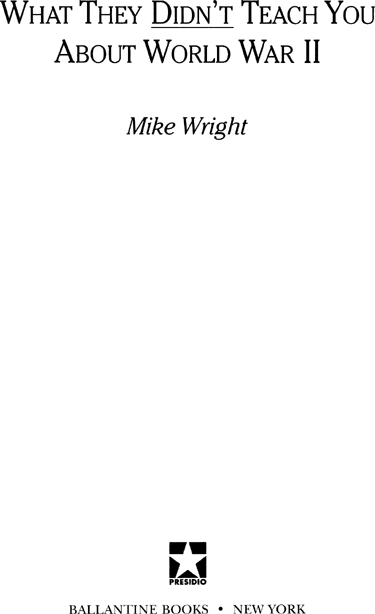Praise for What They Didn't Teach You About the Civil War:
Informative and entertaining focuses on the lives and ways of ordinary soldiers and those they left behind.
Publishers Weekly
What They Didn't Teach You About the Civil War is an engaging introduction a survey of anecdotes and characters from an era that don't always make the weightier tomes.
The Washington Times
Wright touches on everything from uniforms to landmines.
Parade Magazine
Reams and reams have been written about [the Civil War], but rarely has it has been brought to life in such an entertaining manner as here.
Amenca's Civil War Magazine
Wright delivers more than dates and lists. He delves into the reasons why, economic and philosophical, as well as the big and little events, from Fort Sum ter to card games to what the troops wore. Most of all, Wright makes the Civil War a lot more interesting read than your History 101 textbook.
Ocala (Fl.) Star-Banner
Cogent, tightly woven and deeply interesting.
The Book World
Praise for What They Didn't Teach You About the American Revolution:
What They Didn 4 Teach You About The Amencan Revolution is history without tearsand a lot of laughs No, most of us were not taught this kind of thing in school You don't have to be a history major to be stirred by this book.
Mesa Tribune
Holds the attention because the reader is never sure what startling fact will arise, or what new facet of human behavior will be revealed a colorful picture of the times and the principal players in this legendary era of American history.
San Antonio Express-News
To be sure, the book contains the Revolutionary War's most interesting stories.
The Roanoke Times
Mike Wright is a meticulously thorough researcher and a gifted wordsmith Wright does a magnificent job telling how countless non-giants brought us together in opposition to an increasingly desperate and tyranically acting mother country The book holds many surprises and information not found in more formal, academic works.
Waterville (N. Y.) Times
This stuff is fast, factual, flippant and fun Wright has a knack for simplification and for dodging the dusty, dry approach most of us got in civics class. He zeroes in on the interesting, irreverent, long-ignored tidbits that shape behavior in all periods of history.
Fort Collins Colradoan
Above all, this book is not concerned with poetry, the subject of it is war, and the pity of war.
Acknowledgments
Writing is among the most solitary of professions, which does not mean anyone writes alone. Many people and organizations aided the preparation of these essays, and while any mistakes are mine, I would like to thank those who helped me along the way. My thanks to researchers at the Chicago Public Library, the Newberry Library in Chicago, the Portsmouth, Virginia Public Library, and the Bradbury Science Museum at the Los Alamos National Laboratories. I especially thank the docents at the Smithsonian Institution's Paul E. Gar-ber facility of the National Air and Space Museum, those volunteers who, on a hot summer afternoon, guided my wife and myself through warehouse after warehouse full of historic aircraft; the center is in Suitland, Maryland and houses, restores, and cares for more than 100 aircraft. Curator Michael J. Winery and Assistant Curator Randy Hachenbury of the U.S. Army Military History Institute's photo archive section at Carlisle, Pennsylvania graciously helped wade through thousands of photographs to find many reproduced in the following pages. Similarly, the staff at the National Archives Still Photo section rescued me as I stumbled through their files. Historians at the Statue of Liberty shared information about the statue's manufacturer, and Rangers at Ft. Sumter National Monument answered questions regarding a time not generally associated with that fort's history.
I thank my friend of many years George Butch Cook for all his help; my brother of even more years, Richard L. Wright, Sr., did the same. Thank you both. Strangely, none of us have aged over the past 50 years.
Many shared their experiences of World War II; I remember them all and thank you, especially Roger Harris, who told me of those days so long ago at Iwo Jima.
To Publisher Bob Kane and his son Richard, thank you for suggesting this book, and thank you E.J. McCarthy, Executive Editor at Presidio, for early, often, and constant enthusiasm about this project.
Mainly, I am proud once more to thank my wife Lin Drury. I believe she understands.
Chronology of World War II
1922
October 28: Benito Mussolini becomes head of Italian government.
1923
November 8-9: Adolf Hitler attempts to seize power in Beer Hall Putsch.
1931
September 19: Japanese troops seize Chinese territory; Manchurian incident.
1933
January 30: Hitler becomes Chancellor of Germany.
March 4: Franklin D. Roosevelt becomes president of the United States.
1935
October 3: Italy invades Ethiopia.
1936
March 7: Germany remilitarizes the Rhineland.
1938
March 28: Germany annexes Austria.
September 29-30: Munich Agreement; Chamberlain declares peace in our time.
November 9-10: Anti-Semitic Kristallnacht, (Crystal Night), in Germany.
1939
September 1: Germany attacks Poland; World War II begins.
November 4: FDR signs Neutrality Act.
1940
January 8: Food rationing begins in Britain.
May 10: German Blitzkrieg in Europe; Churchill becomes British prime minister.
June 4: Dunkirk evacuation saves 300,000 British and French troops.
June 14: German troops enter Paris.
June 22: French surrenders; Hitler declares the war in the West is won.
July 10: Battle of Britain begins.
September 27: Japan, Germany, and Italy sign Tripartite Pact.
October 16: More than 16,000,000 Americans register under Selective Service Act.
November 5: FDR wins third term as president.
December 29: FDR calls on Americans to turn nation into an arsenal of democracy.
1941
May 6: At March Field, California, Bob Hope headlines USO show.
May 10-11: More than 2,000 fires started, 1,212 people killed in heaviest raid of Blitz.
June 22: Germany launches offensive against Soviet Union.
July 26: FDR halts trade with Japan, freezes Japanese assets in U.S.
August 7: FDR and Churchill draw up Atlantic Charter.


